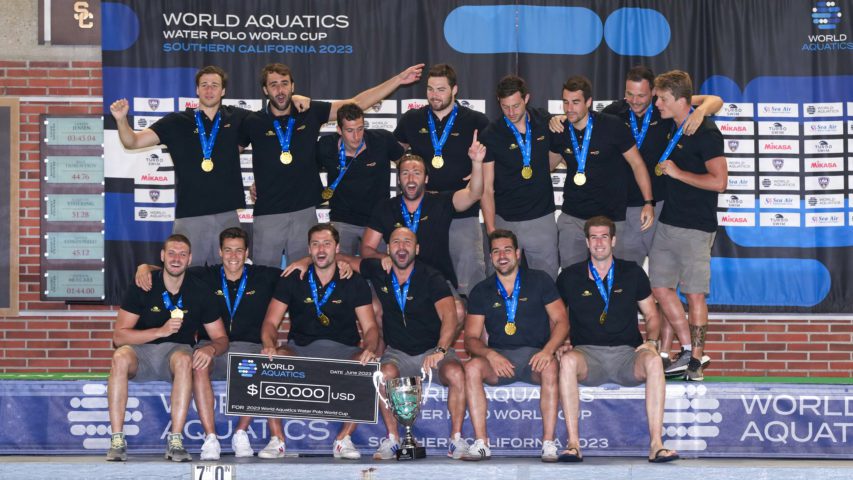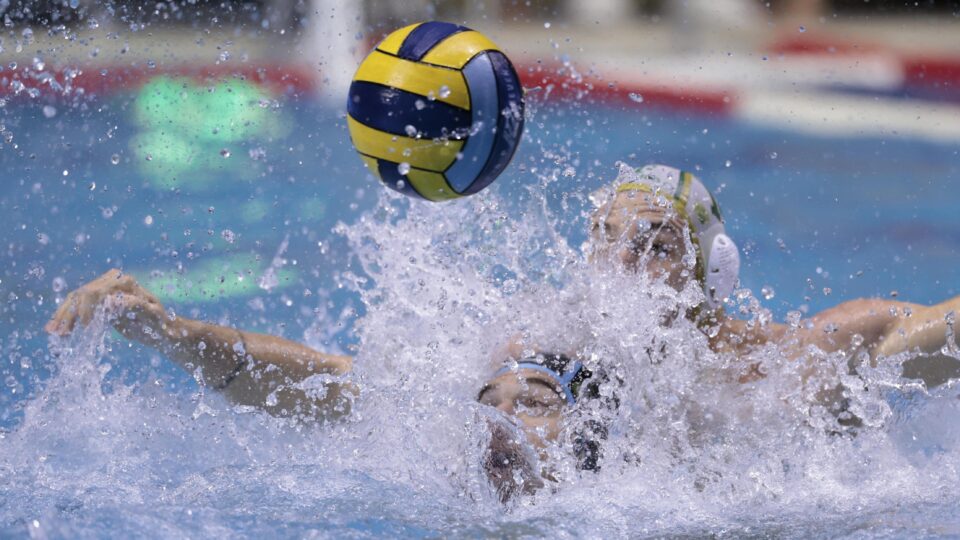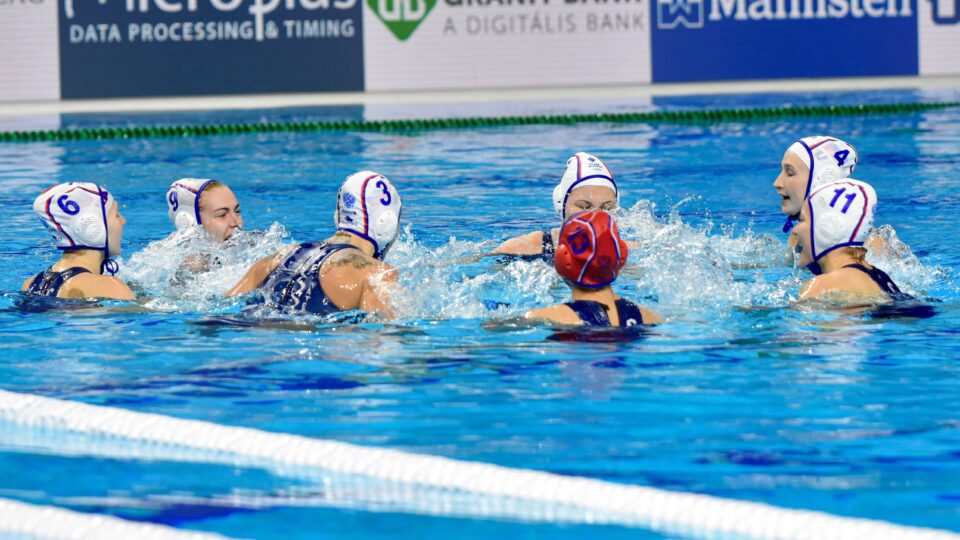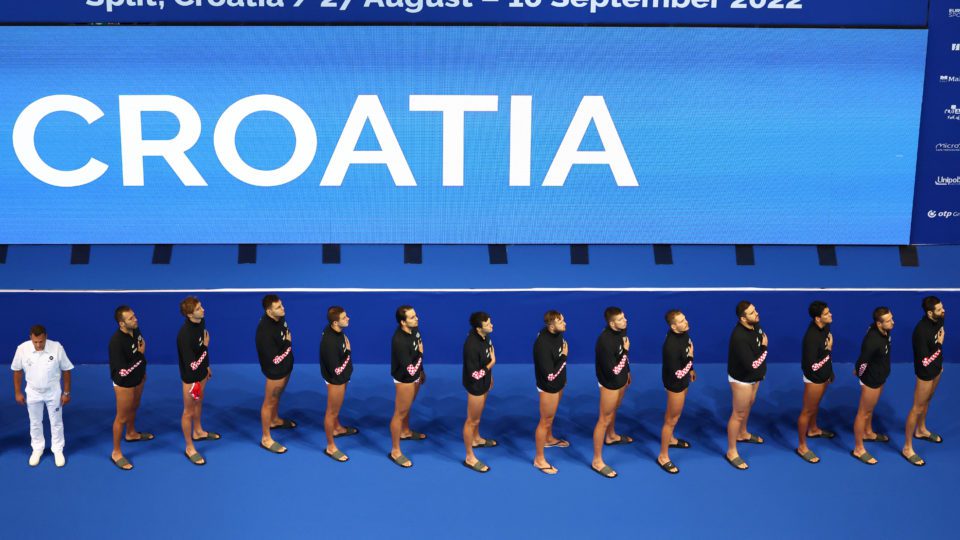The last three qualification berths for the World Men’s Championships in Singapore will be allocated at the World Cup Final Eight, which will begin in Podgorica on Friday.
The tournament will be played by new experimental rules (as the Divisions 1 and 2 tournaments in December and January). The reigning champion – Spain, Olympic silver medalist – Croatia, host – Montenegro, Hungary, Germany, the Netherlands, and Japan will compete for the medals.
As of today, only two European powerhouses—Serbia and Croatia, the Olympic Games finalists—have officially qualified for the tournament in Singapore. Since three spots will be available in Podgorica, it may seem that some of the stronger European teams might not qualify for the World Championships. However, that is not the case.
Regardless of the World Cup outcome, Spain and Hungary secured their places in the World Championships based on their results at the European Championships held in Croatia last year. The same applies to Italy, which was not allowed to participate in the World Cup due to a suspension following their manner of protests after the match against Hungary at the Olympic Games. Greece and Montenegro haven’t earned the WCH berths, but these two teams aren’t in big danger.
The teams qualified for the 2025 World Championships
Now, let’s review which teams have qualified so far and then clarify the status of the European favorites.
Olympic Games: Serbia (gold), Croatia (silver), USA (bronze)
World Cup: the medal winners (and the 4th-placed team if Croatia wins a medal)
European Championships: Italy (bronze medal) and two more teams
Asian Championships: Japan (gold) and China (silver). If Japan wins a medal in Podgorica, Kazakhstan will also qualify.
Pan American Championships: Brazil (gold) and Canada (silver).
Oceania: Australia
Africa: South Africa
Host: Singapore
Rules in the cases of withdrawals
-In case of any vacancy after the World Cup Final, the next highest-ranked team from the Olympic Games Paris 2024 will obtain a quota position. If this team has already qualified from the Continental Qualification Event, then the next highest-ranked team from that Continental Qualification Event will earn a quota spot.
-In case of an unused quota placed from the Continental Qualification Event, the next highest-ranked team from that competition will get a quota.
-If unused quotas still remain, they will be reallocated to the next highest-placed teams at the Paris Olympic Games, regardless of which continent.
Let’s look closer at the status of the qualified and not-yet-qualified European teams. Due to a packed calendar, the 2024 European Championships, held in Zagreb and Dubrovnik, served as a qualification event for both the 2024 World Championships in Doha and the 2025 World Championships in Singapore. Although the European Championship was the first qualifying competition on the calendar, it holds third place in priority; thus, the final list of teams qualifying through this tournament will only be confirmed after the World Cup.
Spain secured the gold medal in Zagreb, followed by Croatia, Italy, Hungary, Greece, Montenegro, etc. Since Croatia qualified for the Olympic Games, Spain, Italy, and Hungary also guaranteed their spots in Singapore. If Spain and Hungary win medals in Podgorica, Greece and Montenegro will qualify for Singapore, regardless of the outcomes at the World Cup.
So, the Greeks and the Montenegrins won’t qualify for the WCH if a series of surprises happens in Podgorica, for example, if Japan, Germany (12th in the 2024 ECH), and the Netherlands (11th in the ECH in Croatia) take medals. Such an outcome doesn’t seem very likely, but nobody is eliminated from the race before the start.
World Cup Final Eight: Quarterfinals Preview (April 11) and rosters
Montenegro faces a more challenging task than Greece in the quarterfinals, going up against Croatia in the derby match of Day 1. Croatia is the only team to have competed in all three major finals in 2024, clinching the gold medal at the World Championships and silver medals at the European Championships and the Olympic Games.
The tournament in Podgorica doesn’t hold particular significance for the Croats, who have already secured a spot in the World Championships. But their head coach, Ivica Tucak, has called up nearly all Olympic silver medalists for the World Cup preparations. The only absentees were veteran Maro Jokovic, who returned to the national team only for the Olympics, and the injured Ante Vukicevic. Besides them, four players who participated in the Paris Olympics won’t travel to Podgorica and will return home after the preparations: goalkeeper Toni Popadic, Luka Bukic, Jerko Marinic Kragic and Matias Biljaka. Instead of them, several young players will get a chance to prove themselves. The roster is a mixture of experience and youth. Clearly, the Croats don’t arrive in Podgorica merely to assess their form; they are determined to achieve the best possible result.
This quarterfinal will be a rematch between two very successful coaches, Ivica Tucak and Dejan Savic. Savic, who recently took over Montenegro, has faced Tucak multiple times as Serbia’s head coach. Their last encounter was a quarterfinal match at the 2022 World Championships in Budapest, where Croatia triumphed over Serbia.
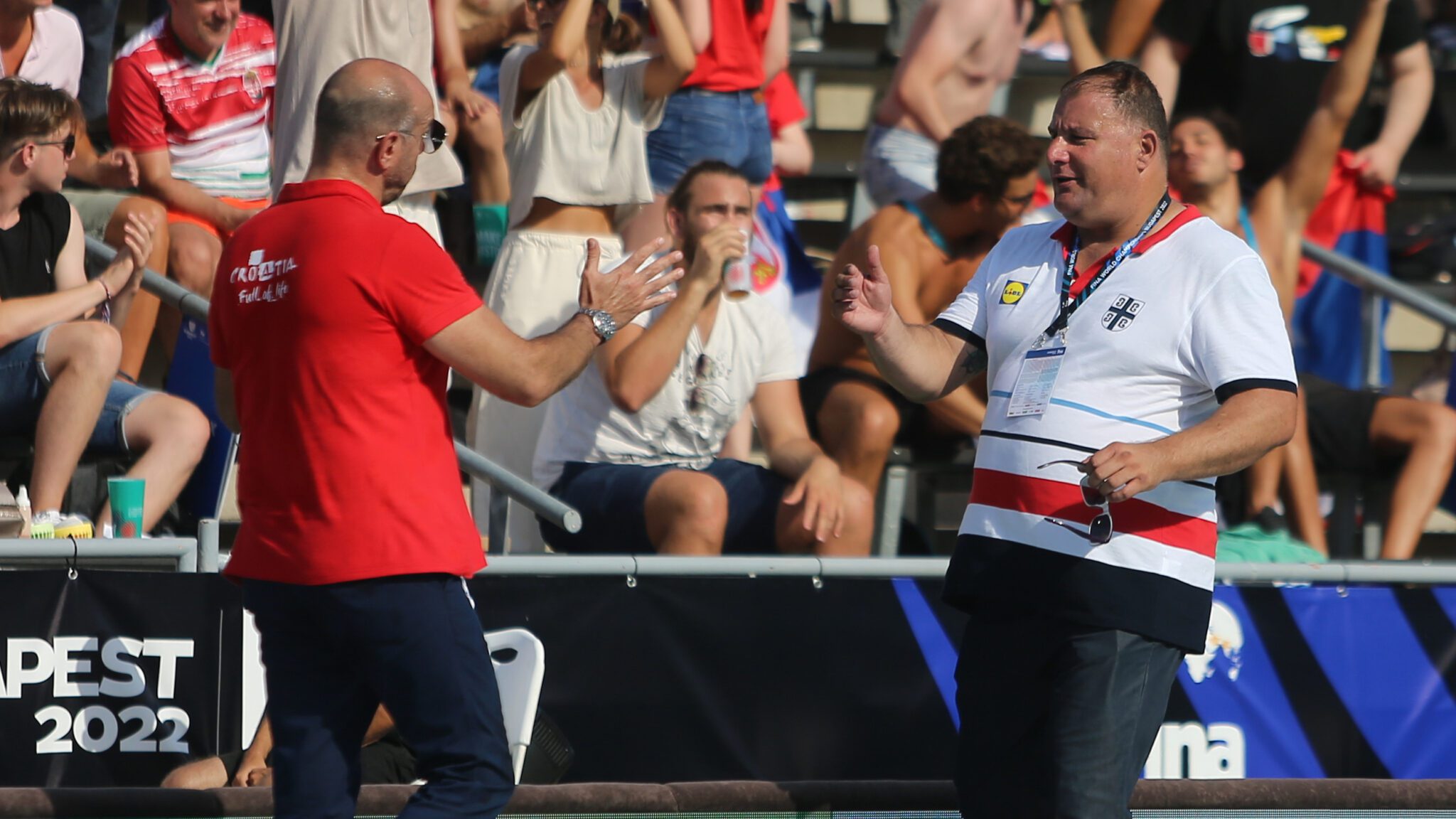
Ivica Tucak and Dejan Savic at the 2022 World Championships Photo by Water Polo Federation of Serbia/Slobodan Sandic
Since taking the reins, Savic has made several changes to Montenegro’s roster. The team competing in Podgorica is a little bit younger than the one that participated in the World Cup Division 1 in Otopeni in January. Montenegro performed better than Croatia in that tournament, finishing in 4th place while Croatia ended in 5th. Croatia has a more experienced team with numerous athletes who used to win medals in major competitions, while Montenegro will have a home-field advantage, promising an exciting match.
Montenegro – Goalkeepers: Petar Tesanovic,Lazar Andric; Field players: Dusan Banicevic, Filip Gardasevic, Strahinja Gojkovic, Aljosa Macic, Dusan Matkovic, Nikola Moskov, Dimitrije Obradovic, Miroslav Perkovic, Danilo Radovic, Djuro Radovic, Matija Sladovic, Vladan Spaic, Balsa Vuckovic.
Croatia – Goalkeepers: Marko Bijac, Mauro Ivan Cubranic; Field players: Rino Buric, Loren Fatovic, Luka Loncar, Zvonimir Butic, Maro Susic, Andrija Basic, Marko Zuvela, Filip Krzic, Josip Vrlic, Konstantin Kharkov, Franko Lazic, Duje Pejkovic, Vlaho Pavlic.
Spain, the winner of the previous edition of the World Cup, held in 2023, finished 1st in Division 1 of the 2025 World Cup. The Spaniards started slowly in the tournament in Otopeni, but they reached a good shape until the end, and beat Hungary 15:9 in the final, taking revenge for an 11:12 loss in the group stage.

Alberto Munarriz (Barceloneta) Photo: Laszlo Balogh/Total Waterpolo
After failing to win a medal at the Olympic Games, the Spaniards are eager to return to the podium. Head coach David Martin will field a powerful team. Alberto Munarriz, who didn’t play in Otopeni, is back. Besides him, big aces, like Granados, Sanahuja, Aguirre, De Toro, Cabanas, etc., and a few younger players will represent Spain in Podgorica. Compared to the Otopeni tournament, Larumbe and Tahull are missing.
Spain is a heavy favorite in the match against the Germans, who advanced to the Final Eight as the 2nd-placed team in Division 2 in Istanbul.
Spain – Goalkeepers: Unai Aguirre, Eduardo Lorrio; Field players: Oscar Asensio, Unai Biel, Oscar Blasco, Alejandro Bustos, Jose Javier Bustos, Sergi Cabanas, Pol Daura, Miguel de Toro, Alvaro Granados, Alberto Munarriz, Bernat Sanahuja, Francisco Valera, Marc Valls.
Germany (the extended roster, the final roster TBA) – Goalkeepers: Felix Benke, Mac Spittank. Field players: Zoran Bozic, Mark Dyck, Aleks Sekulic, Fynn Schuetze, Philipp Dolf, Denis Strelezkij, Yannek Chiru, Lukas Kueppers, Finn Rotermund, Sascha Seifert, Finn Taubert, Till Hofmann, Lennox Metten, Niclas Schipper, Mark Gansen, Vukasin Simic, Tobias Bauer.
Hungary’s head coach, Zsolt Varga, rejuvenated the team for the World Cup in Podgorica. Only four Olympians are on the roster (Manhercz, Fekete, Adam Nagy and Vince Vigvari). Besides them, Burian is more experienced than the others. The Hungarians played in a similar squad in Division 1.
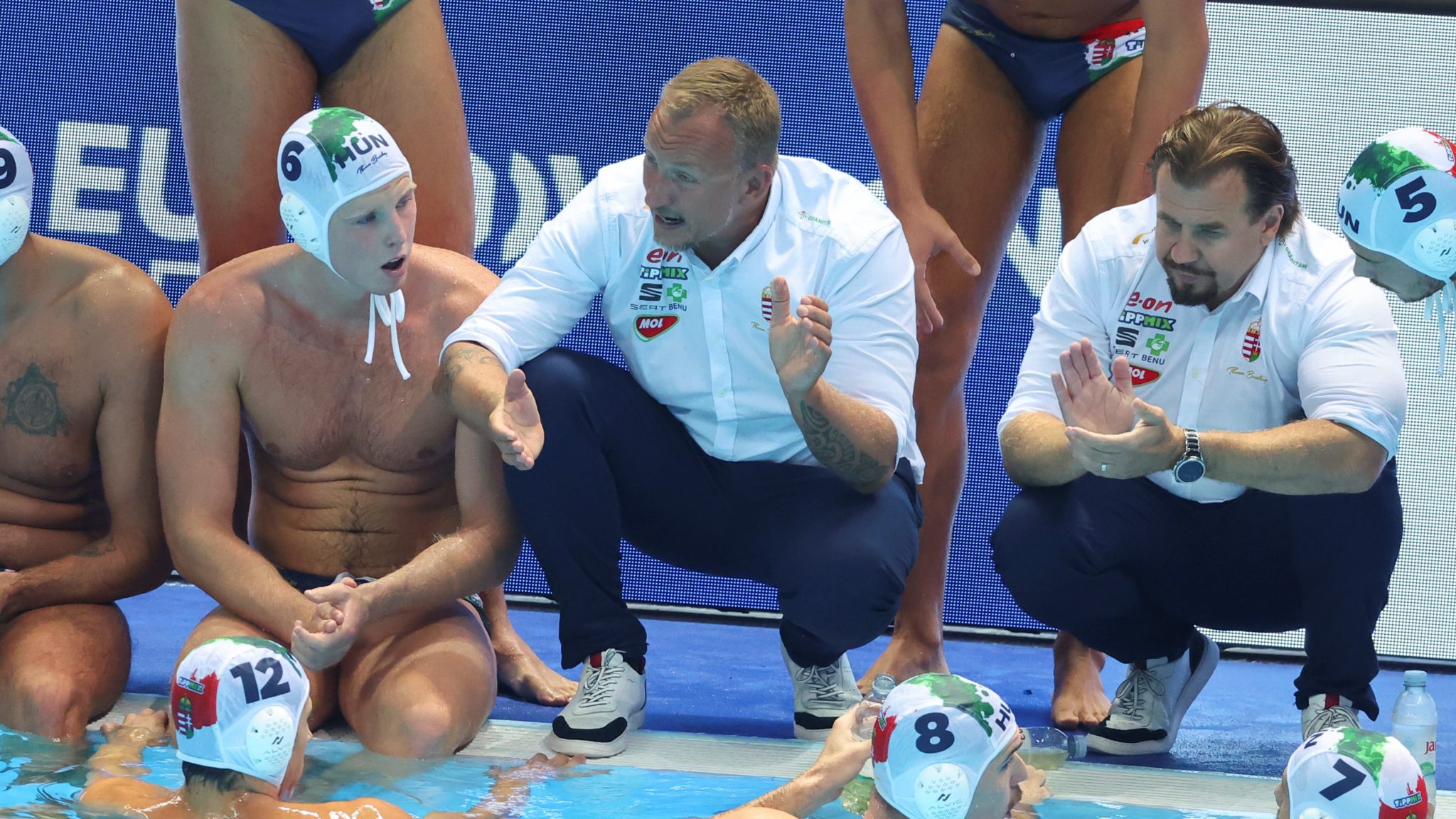
Zsolt Varga with the players Photo: Total Waterpolo
On the other side, the Netherlands is composed mainly of players who are members of foreign clubs and have experience playing in the best national leagues. The Dutch won the gold medal in Division 2. They are aware that their chances of reaching the World Championships are slim. However, it’s sure that they will do their best to reach the semifinals in Podgorica, but it won’t be easy to surprise Hungary, even though stars like Zalanki, Vogel, Angyal and others won’t play in the World Cup.
Hungary – Goalkeepers: Kristof Csoma, Viktor Gyapjas; Field players: Benedek Batizi, Krisztian Bedo, Gergely Burian, Gergo Fekete, Petar Kovacs, Krisztian Manhercz, Adam Nagy, Akos Nagy, David Tatrai, Vince Varga, Vendel Vigvari, Vince Vigvari, Zsombor Vismeg.
Netherlands – Goalkeepers: Jelto Spijker, Miki Buitenhuis; Field players: Tom de Weerd, Sam van den Burg, Mart van der Weijden, Bilal Gbadamassi, Jeroen Rouwenhorst, Kas te Riele, Lars ten Broek, Tim De Mey, Sebastian Hessels, Benjamin Hessels, Flemming Kastrop, Max van der Werve, Marnick Snel.
Greece’s head coach, Theodoros Vlachos, called up almost all the best Greek water polo players at the moment. Papanastasiou, Fountoulis, and Vlachopoulos aren’t on the roster (the latter two didn’t play in Otopeni either). Nevertheless, the squad remains very strong.
The quarterfinals are a very important stage for the Greeks since a victory over Japan will probably qualify them for the World Championships, and they will not have to think about the results of the other teams.
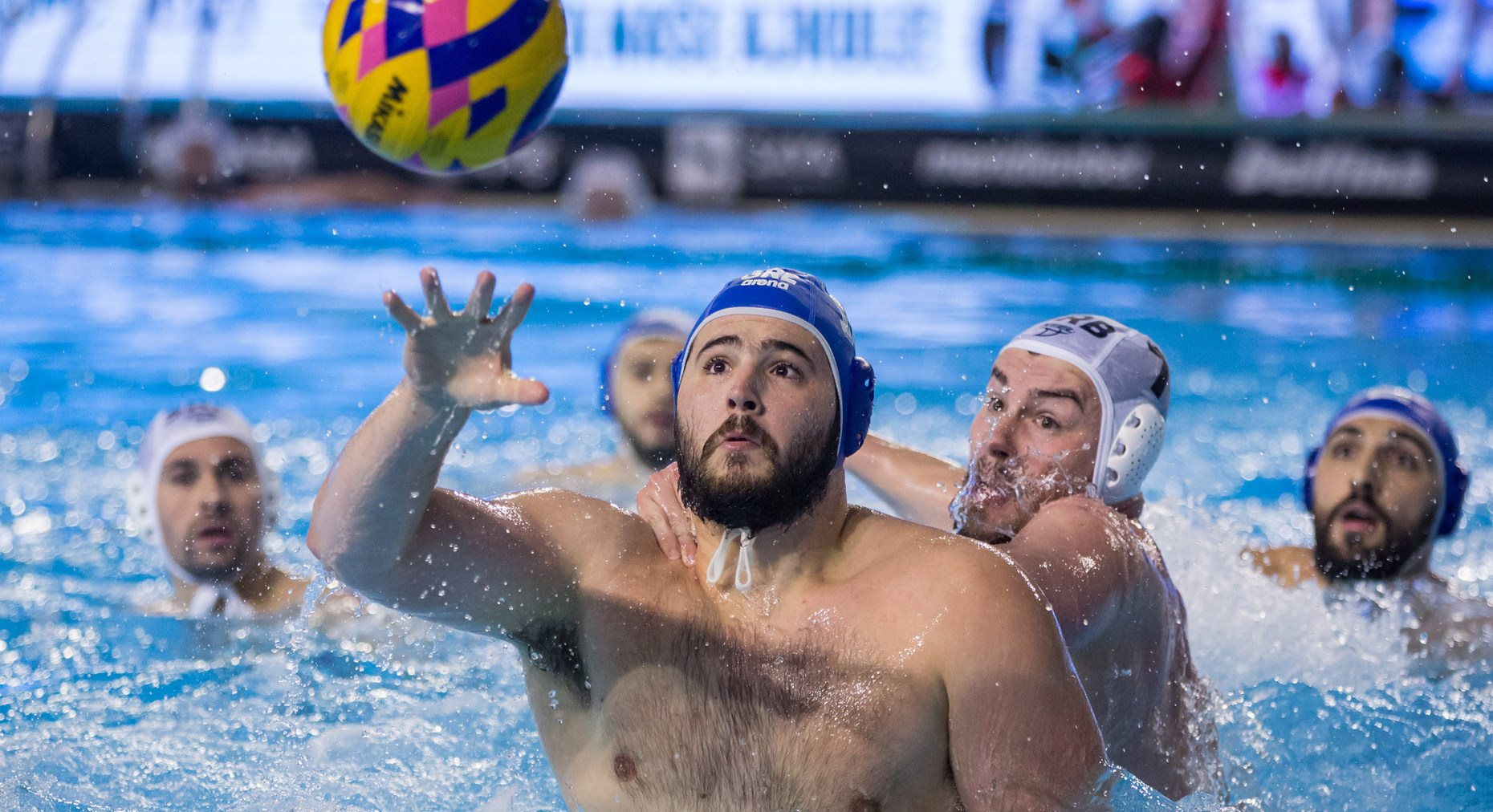
Konstatinos Kakaris (GRE) Photo by K.Vulovic/Water Polo Federation of Montenegro
Greece enters the match as the favorite; however, Japan has proven to be a formidable opponent, having caused trouble to many favorites in recent years with their unconventional style of play. Greece experienced that in a 20:16 victory over the Japanese in the quarterfinals of Division 1. Ultimately, Greece finished with a bronze medal, while Japan placed sixth in Otopeni.
Greece, as well as other teams, must treat Japan with respect. Over the coming years, the gap in quality between Japan and the European teams is expected to narrow, especially with an increasing number of Japanese players participating in European leagues.
Greece – Goalkeepers: Emmanouil Zerdevas, Emmanouil Andreadis; Field players: Konstantinos Genidounias, Dimitris Skoumpakis, Kostas Gkiouvetsis, Stylianos Argyropoulos, Evangelos Pouros, Nikos Gkillas, Efsthatios Kalogeropoulos, Ioannis Alafragkis, Konstantinos Kakaris, Dimitris Nikolaidis, Nikolas Papanikolaou, Nikos Gardikas, Nikolaos Giannatos.
Japan – Goalkeepers: Towa Nishimura, Ren Sasano; Field players: Seiya Adachi, Taiyo Watanabe, Daichi Ogihara, Inoue Kai, Suzuki Toi, Kiyotake Date, Takada Mitsuru, Nitta Ikkei, Yusuke Inaba, Jun Lowrey,Kenta Araki, Toshiyuki Meada, Moriya Yuki.
Schedule
Follow all the results live on Total Waterpolo Arena
Day 1 (April 11)
Quarterfinals
QF1: Spain – Germany at 14.00
QF2: Hungary – Netherlands at 16.10
QF3: Greece – Japan at 18.20
QF4: Montenegro – Croatia at 20.30
Day 2 (April 12)
Semifinals
Winners of QF2 and QF3 at 18.20
Winners of QF1 and QF4 at 20.30
Semifinals 5th – 8th place
Losers of QF2 and QF3 at 14.00
Losers of QF1 and QF4 at 16.10
Day 3 (April 3)
7th-place match at 14.00
5th-place match at 16.10
Bronze-medal match at 18.20
Final at 20.30
All times are CET
All winners
The FINA World Cup was inaugurated in 1979. However, that competition, held between the first edition in 1979 and the 16th World Cup, in Berlin in 2018, isn’t similar to a new World Aquatics World Cup, launched two years ago. The competition and the qualification formats of the former and today’s World Cup differ significantly. The current World Cup is a replacement for the discontinued World League, and its history practically started with the 2023 edition
1979 (Belgrade and Rijeka, Yugoslavia): Hungary, 1981 (Long Beach, USA): USSR, 1983 (Malibu, USA): USSR, 1985 (Duisburg, FR Germany): West Germany, 1987 (Thessaloniki, Greece): Yugoslavia, 1989 (West Berlin, FR Germany): Yugoslavia, 1991 (Barcelona, Spain): USA, 1993 (Athens, Greece): Italy, 1995 (Atlanta, USA): Hungary, 1997 (Athens, Greece): USA, 1999 (Sydney, Australia): Hungary, 2002 (Belgrade. Yugoslavia): Russia, 2006 (Budapest, Hungary): Serbia and Montenegro, 2010 (Oradea, Romania): Serbia, 2014 (Almaty, Kazakhstan): Serbia, 2018 (Berlin, Germany): Hungary; 2023 (Los Angeles, USA): Spain
More articles about the World Cup and the former World League



